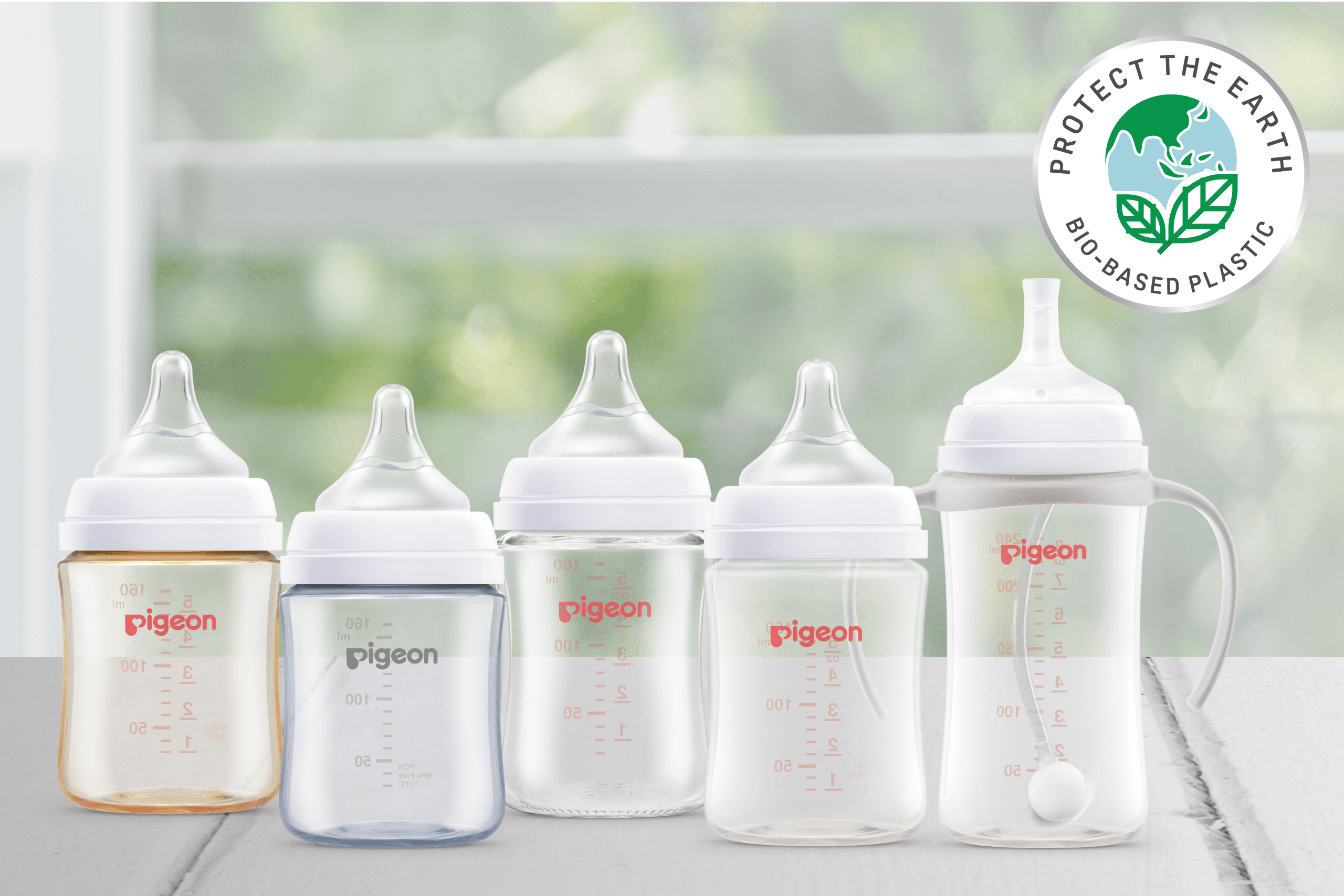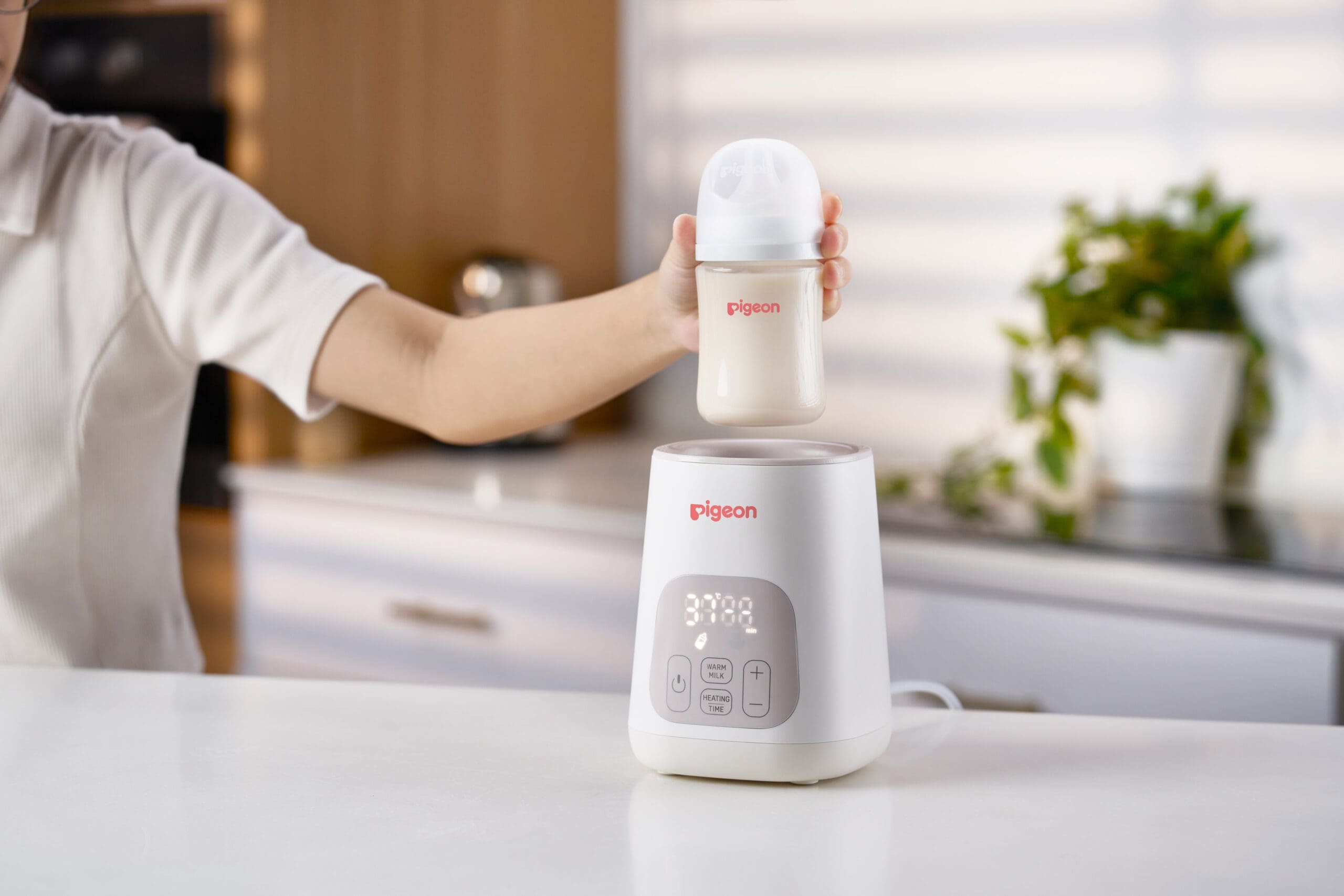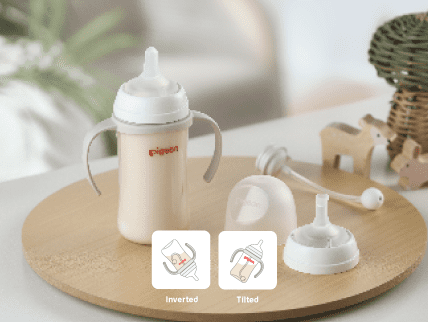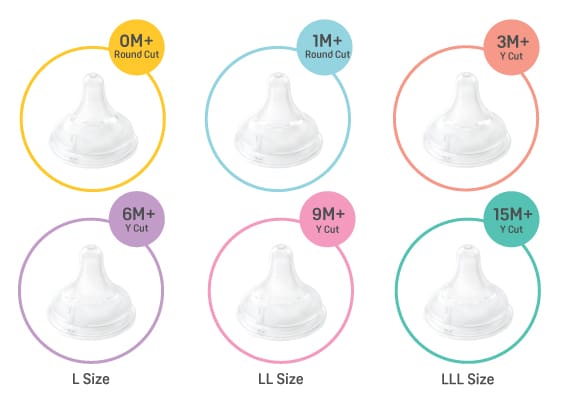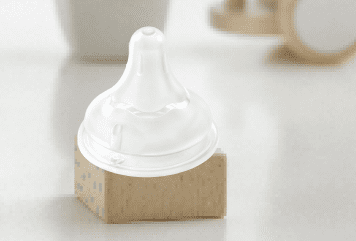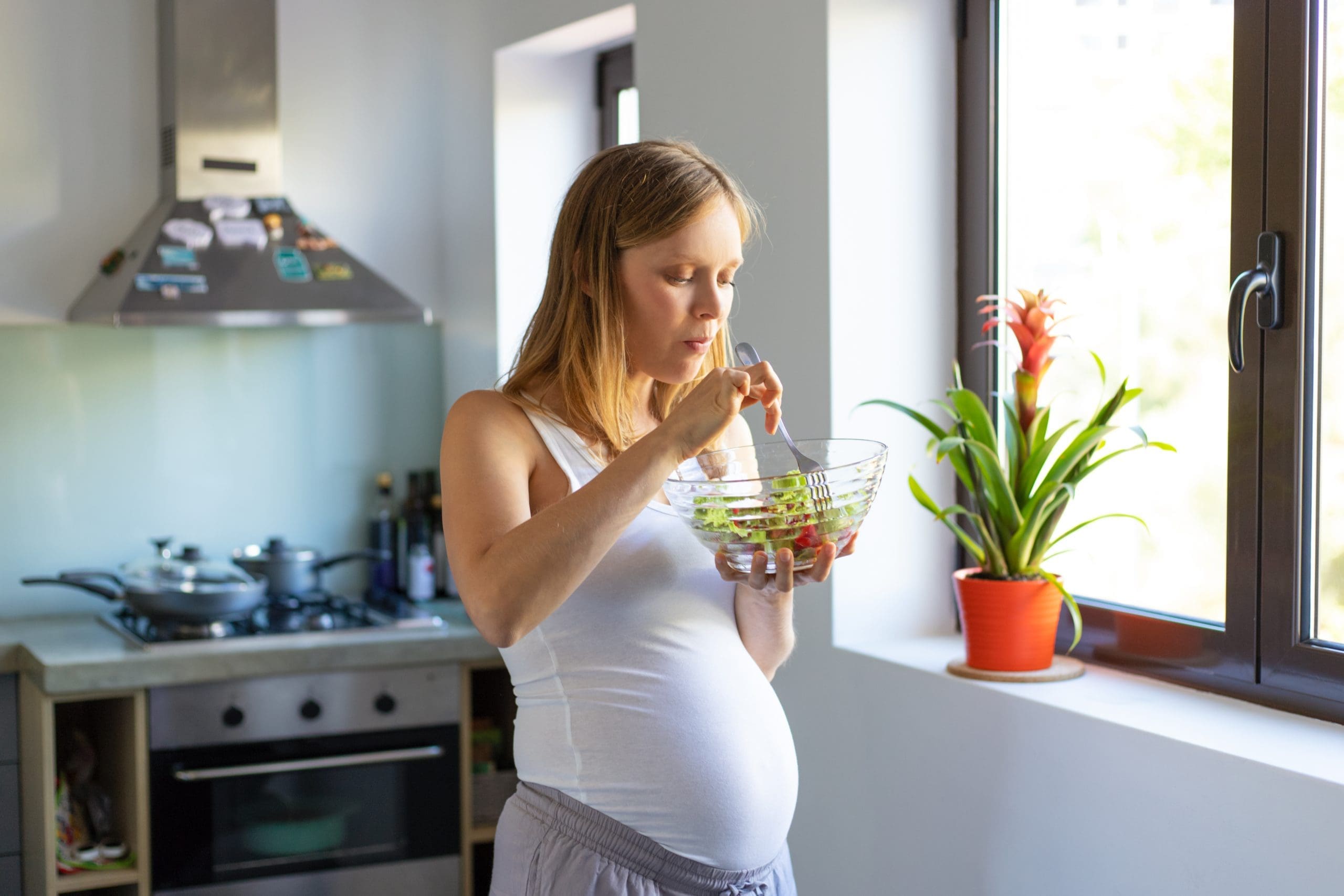Benefits Of Breastfeeding: Why Nursing Is Important For Both Mother And Baby
We all know that breast milk is good for baby, but breastfeeding also has a ton of major health benefits for mummies! If you’re thinking about nursing, here are some reasons to help you get started on your breastfeeding journey.
How does breastfeeding benefit my baby?
Breast milk is the ideal source of nourishment for your little one; it contains all the essential nutrients, vitamins and minerals that a newborn needs for healthy growth and development. It’s also loaded with antibodies, which helps to boost their immunity levels and protects them from infections. Studies show that breastfeeding helps to reduce the risk of sudden infant death syndrome (SIDS) as well.
What’s even more amazing is that human milk composition adapts accordingly to your baby’s age and changing needs. Colostrum – the thick, yellow fluid you produce in the first few days after giving birth – is particularly rich in these ingredients.
As compared to formula-fed infants, those who are breastfed tend to have a much healthier digestive system. Why? Breast milk comprises components such as protein, lactose and fat that are more easily digested, which prevents them from developing constipation or diarrhoea. You may also notice a lack of bowel movement, but that’s perfectly normal as breastfed babies produce fewer waste since they are able to digest breast milk easily. This means they’re less likely to experience a nappy rash, which can be triggered by exposure to urine and stool.
Fun fact: Breastfed baby poop smells sweeter and a lot more pleasant than the stool of formula-fed babies, which has a slightly more pungent scent. Diaper duties don’t seem so bad after all!
What are the benefits for nursing mums?
It’s no secret that breastfeeding aids in postpartum recovery. When you’re feeding, it triggers your body to release a feel-good hormone called oxytocin, which helps your uterus to shrink back to its normal size and reduce blood loss after childbirth. Breastfeeding also burns a good deal of calories (about 500 to 700 extra per day) to fuel milk production, helping you to shed some of those extra kilos and return to your pre-pregnancy shape much faster.
That’s not all; there’s also evidence that regular breastfeeding decreases the risk of breast cancer, heart disease and high blood pressure amongst other illnesses. Health benefits aside, it’s proven to have an immense psychological impact on a mother’s mental wellbeing as well. Not only does it help to reduce hormonal stress levels, one study has also found that women who breastfeed are less likely to develop postpartum depression – and this makes it easier for a mother to bond with her newborn. Breastfeeding can be an incredibly healing and uplifting experience, and this emotional connection grows deeper even as the baby approaches the weaning stage.
It’s recommended that mothers breastfeed their baby for at least six months, and continue till the infant is two years old. By the time they reach a toddler’s age, they should be consuming more calories from appropriate solid foods – although milk should still take up a bulk of their diet.
However, we are aware that breastfeeding doesn’t come naturally for everyone. Between the lack of sleep and round-the-clock feedings, life as a new nursing mum definitely comes with its own set of challenges. For those who aren’t able to produce sufficient milk, you may want to supplement breastfeeding sessions with bottle feedings so you can take a break from nursing. If it starts to get too overwhelming, speaking to a lactation expert or an experienced breastfeeding mother can be helpful too.
At the end of the day, it’s important to understand that whether you breastfeed or not doesn’t make you any less of a mother. Your health matters just as much as your child, so ultimately, do what works best for the both of you.
Good luck on your breastfeeding journey!
Benefits Of Breastfeeding: Why Nursing Is Important For Both Mother And Baby
